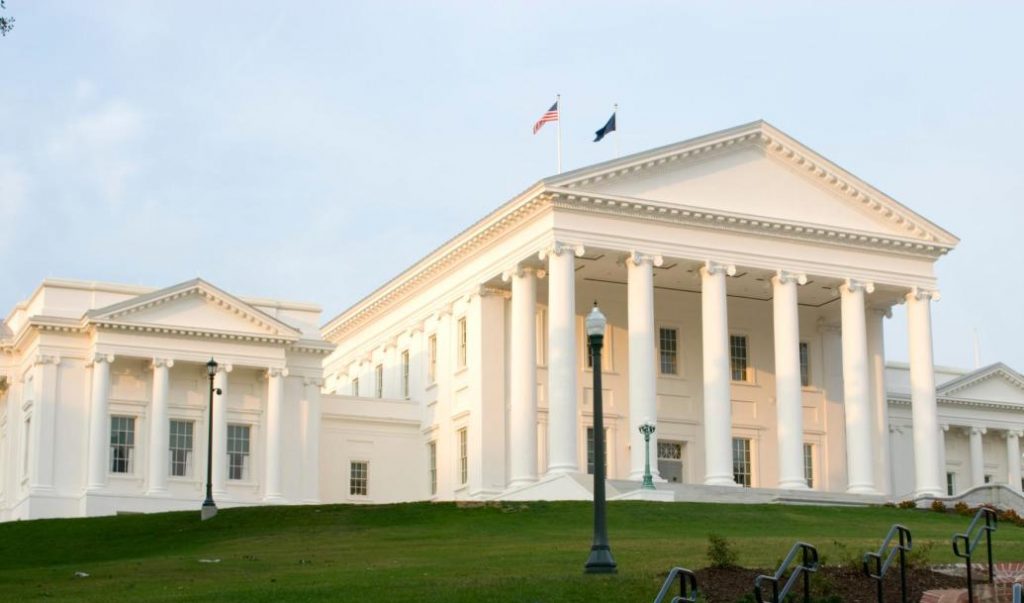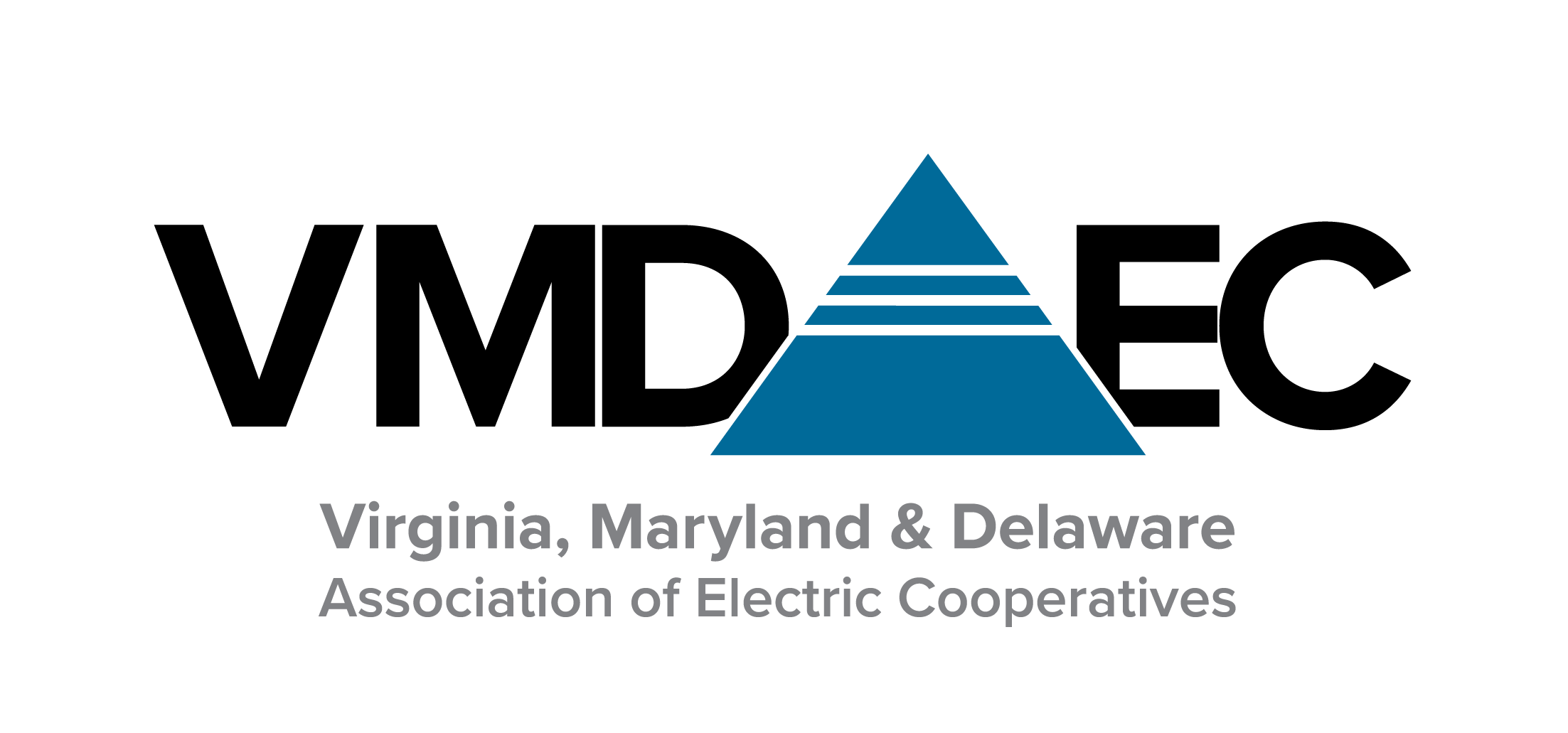 The 2022 General Assembly legislative session adjourned sine die on March 12 without completing work on the state budget. With the Democratic-controlled Senate and Republican-controlled House of Delegates at a standstill, legislators determined they needed a cooling-off period before returning to Richmond to reconcile their versions of the budget.
The 2022 General Assembly legislative session adjourned sine die on March 12 without completing work on the state budget. With the Democratic-controlled Senate and Republican-controlled House of Delegates at a standstill, legislators determined they needed a cooling-off period before returning to Richmond to reconcile their versions of the budget.
After the legislators adjourned without a plan to reconvene, Gov. Glenn Youngkin was quick to set a date for a special session to hash out a final version of the budget. With an accompanying ad calling on legislators to reduce the gas tax, Youngkin set the date for April 4. The power struggle continued on social media where Senate Democrats reminded the governor that the legislative branch enjoys the power of the purse, and legislators will have come to a compromise among themselves to reconcile the $3 billion difference between the House and Senate budget versions.
By April 4, legislators had still made no progress on negotiations, and they came and left town without movement on the state budget. Legislators are set to return on April 27 for the reconvened session, but it remains to be seen if they will have reached a consensus upon their return to the Capitol.
In the backdrop of partisan fighting over the budget sits the uncertainty of the 2023 election cycle. After delays in U.S. Census data pushed back the redistricting process by more than a year, new legislative district maps for the 2023 House of Delegates and Senate elections were finalized earlier this year. The new maps were drawn by the Supreme Court of Virginia in consultation with special map masters approved by the court to ensure a fair, nonpartisan redistricting process. The court elected not to consider where current legislators live, resulting in maps that have drawn several sitting members out of their districts and into districts with neighboring legislators. This shift has colored the tone of the legislative session and will continue to inject political posturing into all decisions at the General Assembly.
Under the new maps, half of sitting state Senators have been drawn into the same districts with other incumbents. Eleven new Senate districts were created with no incumbent currently residing within them. Forty-one sitting House of Delegates members have been drawn into the same districts as other House incumbents, and more than 20 new districts were created with no current incumbent residing in them. With nearly half of the General Assembly in competitive primaries in new districts, every cooperative in Virginia needs to be prepared for significant turnover in their legislative delegation.
The courts have yet to decide whether members of the House of Delegates will need to run in special elections on the new maps before the scheduled election in 2023. Our commitment to our Government Affairs programs and resources is more important than ever. Directors’ continued support for the work of the Government Affairs and ACRE committees allows us to be major players in Richmond, no matter the change in political headwinds.
—Report by Sadie Gary, Director of Legislative Affairs, VMD Association

